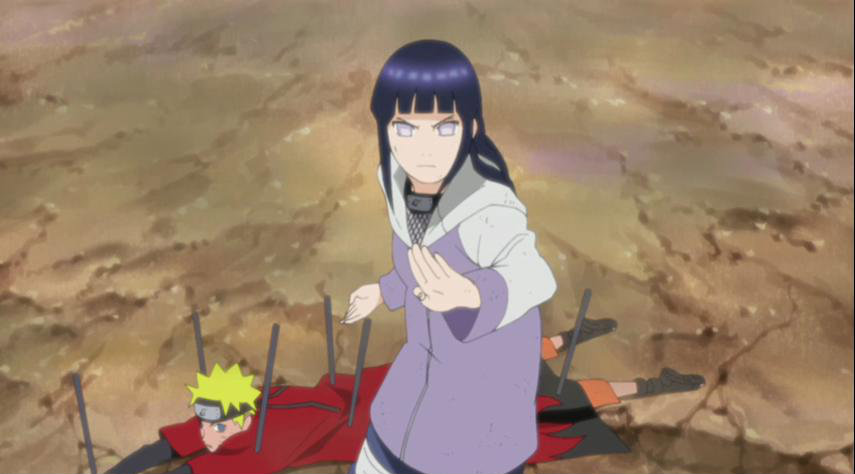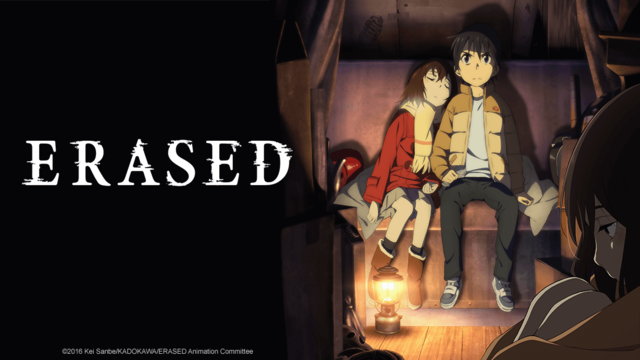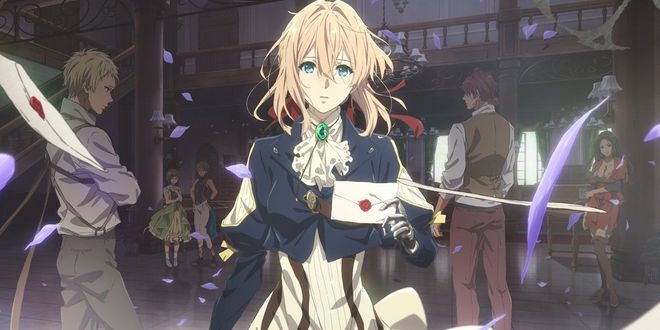Author’s note: This review contains spoilers for previous volumes of the Horimiya manga and mild spoilers for Volume 11.
Volume 11 is much less about Hori and Miyamura and focuses instead on the larger cast. The friend group expands, which leads to everyone negotiating their new relationships and dynamics. Readers also get to see the home dynamic of different characters. Romantic relationships are explored in various levels of complexity, with a special focus on Yoshikawa and Ishikawa.
Volume 11 is a bit more of a mixed bag than other volumes so far in the series. While the comedy factor remains, it’s not as prominent as in previous volumes, with more devoted to teenage confusion than teenage silliness.
One of the most relatable moments in this volume was during the sleepover, when Sengoku realized that between the guests and his books, there wasn’t any space for him to sleep. The sleepover is a fun subplot, as is Hori’s mounting concern that other boys are gunning to steal her boyfriend.
Yoshikawa and Ishikawa continue to be delightful parts of the series’ ongoing plot. (These two made their first cover appearance on Volume 2, which readers can compare to see how the art of the series has changed over time.) In Volume 9, Yoshikawa Yuki and Kouno Sakura’s crushes on Ishikawa came to a head, with Kouno confessing to him. Ultimately, Ishikawa told Yoshikawa that Kouno was too good for him and implied pretty strongly he’d prefer her.
But in Volume 11, the pair hasn’t started dating yet. (Despite the fact that everyone has been assuming they’re a couple.) Ishikawa’s navigation of their relationship takes a thoughtful look at high school romance that’s not typical of romance series. The situation isn’t resolved by the end of this volume, leaving their story open for the future.
Some of the stranger elements from previous volumes resurface in Volume 11, notably Hori hitting Miyamura. This is an issue I addressed in my review of Volume 6, the first time readers see Miyamura with a bandage on his face because Hori has hit him. In subsequent volumes, readers have learned that Hori wants Miyamura to be “more mean” to her, and there’s some implication that the reason she gets physically aggressive with him is to incite him to be physically aggressive towards her. It’s a little weird, and it’s not a great way to address partner violence. Miyamura doesn’t seem very interested in participating in the aggression that Hori wants from him. They also never discuss either the hitting or the desire for playful aggression in a satisfying way.
Though much of the series continues to be funny and sweet, the unaddressed physical abuse between the two lead characters detracts from an otherwise fluffy and fun rom-com series. While this won’t make me quit reading, it’s definitely worth mentioning, and some readers may want to skip this volume because of it.
Story: 3.5 out of 5
Art: 4 out of 5
Overall: 3.5 out of 5
Goodreads | Indiebound | RightStuf
This review contains affiliate links. While Girls in Capes does make revenue from purchases made at affiliate links, reviews are not paid, and all reviews contain the staff writers’ honest opinions of the work.







